How to buy a laptop for students
Better education through wisely-chosen technology
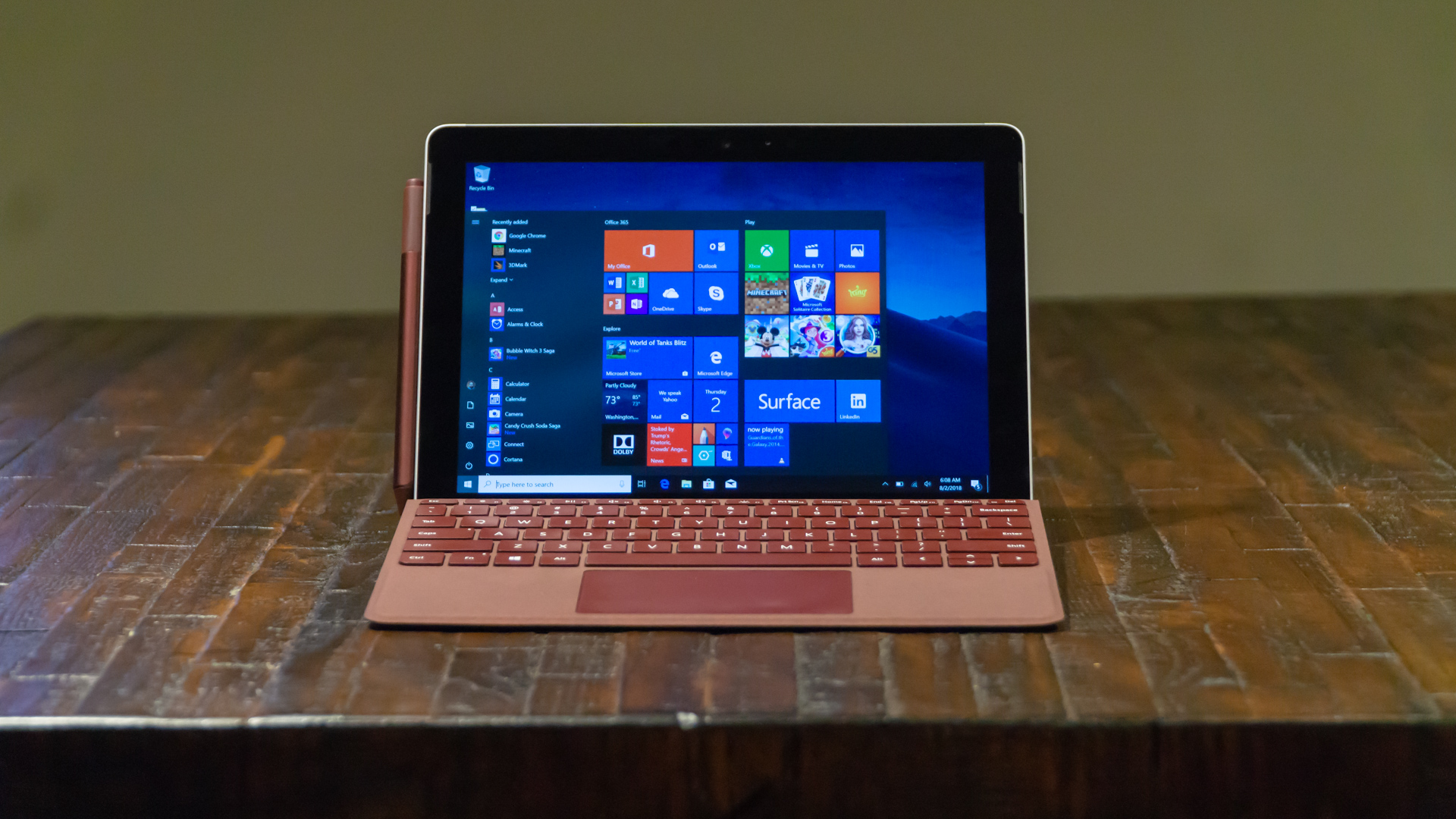
If you’re a student making your way through the education system, whether at school or university, a good notebook is increasingly a must-have item in your arsenal of technological weapons with which you can aim to get better grades.
Of course, there’s a bewildering array of laptops out there, so what should you focus on when choosing a machine to use to further your education? Let’s start with a few general pointers.
School of hard knocks
First off, consider build quality, because ideally you want a portable which is built to take a few knocks. We obviously don’t mean a fully rugged laptop, but ideally the model you choose should have a fairly solid chassis, and be able to stand being chucked in a rucksack (or similar) and possibly getting knocked around a little.
At the same time, you want something that’s reasonably compact, and not too thick or heavy, so it’ll fit easily into your bag (and not weigh you down when carrying the thing around). In short, you need to strike a balance here and choose something reasonably portable, yet still well-built enough to take a little punishment.
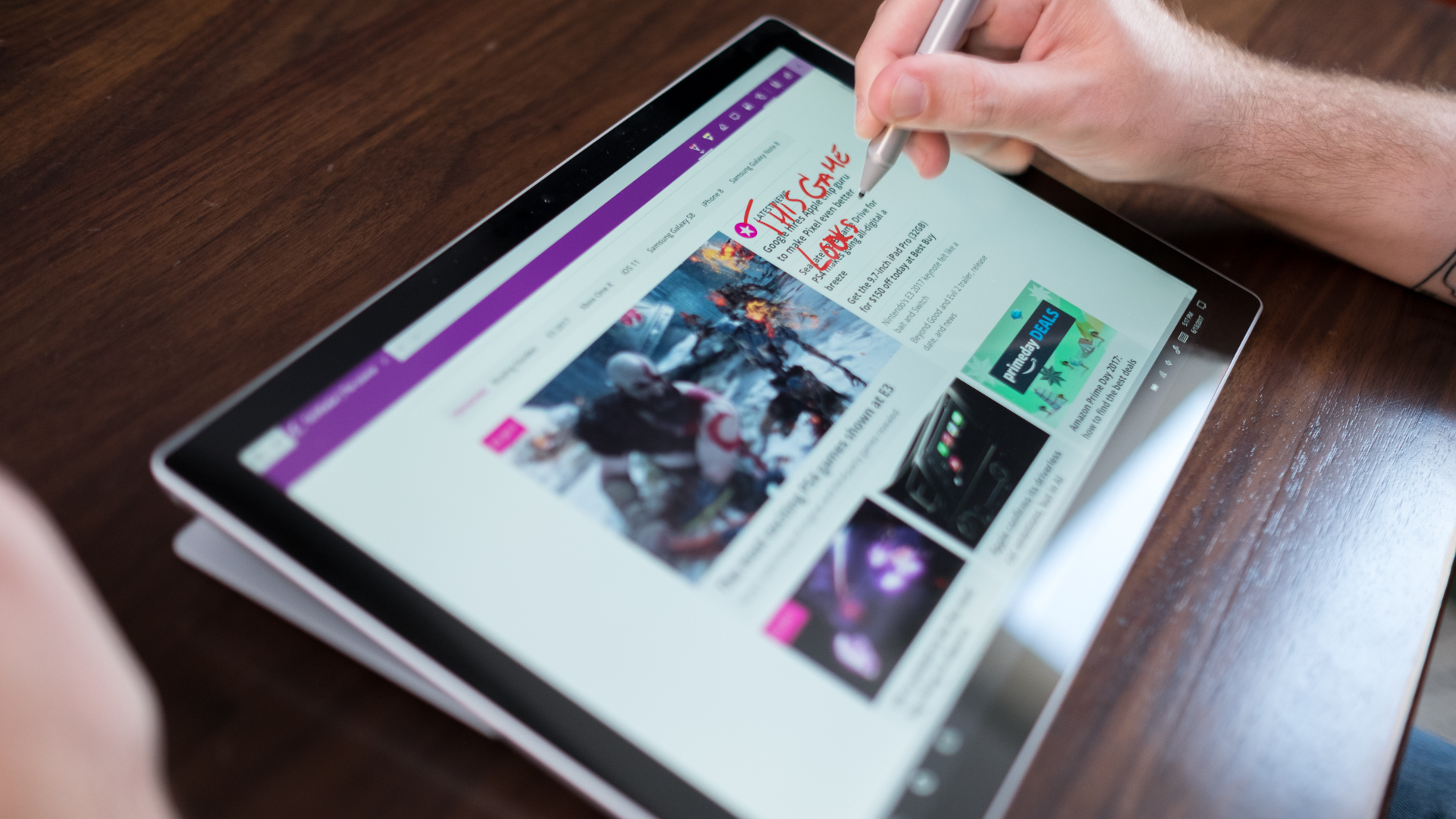
Note-taking in classes or lectures – or indeed elsewhere – will likely be a primary concern, so getting a laptop with a touchscreen and stylus might be high on your list of priorities.
That’ll probably mean a hybrid (2-in-1) device, which can be used as a normal laptop, or as a tablet for jotting things down (generally these have either a detachable keyboard that can be removed, or a 360-degree hinge that allows you to fold the keyboard right back against the screen, effectively making the device a thick tablet).
You’ll be typing, as well as scribbling, of course, and if you’re going to be writing long essays or papers on your laptop, the keyboard will obviously be an important concern. That’s where a hybrid with, say, a detachable keyboard may fall down slightly, as these don’t always provide the best typing experience.
Get daily insight, inspiration and deals in your inbox
Sign up for breaking news, reviews, opinion, top tech deals, and more.
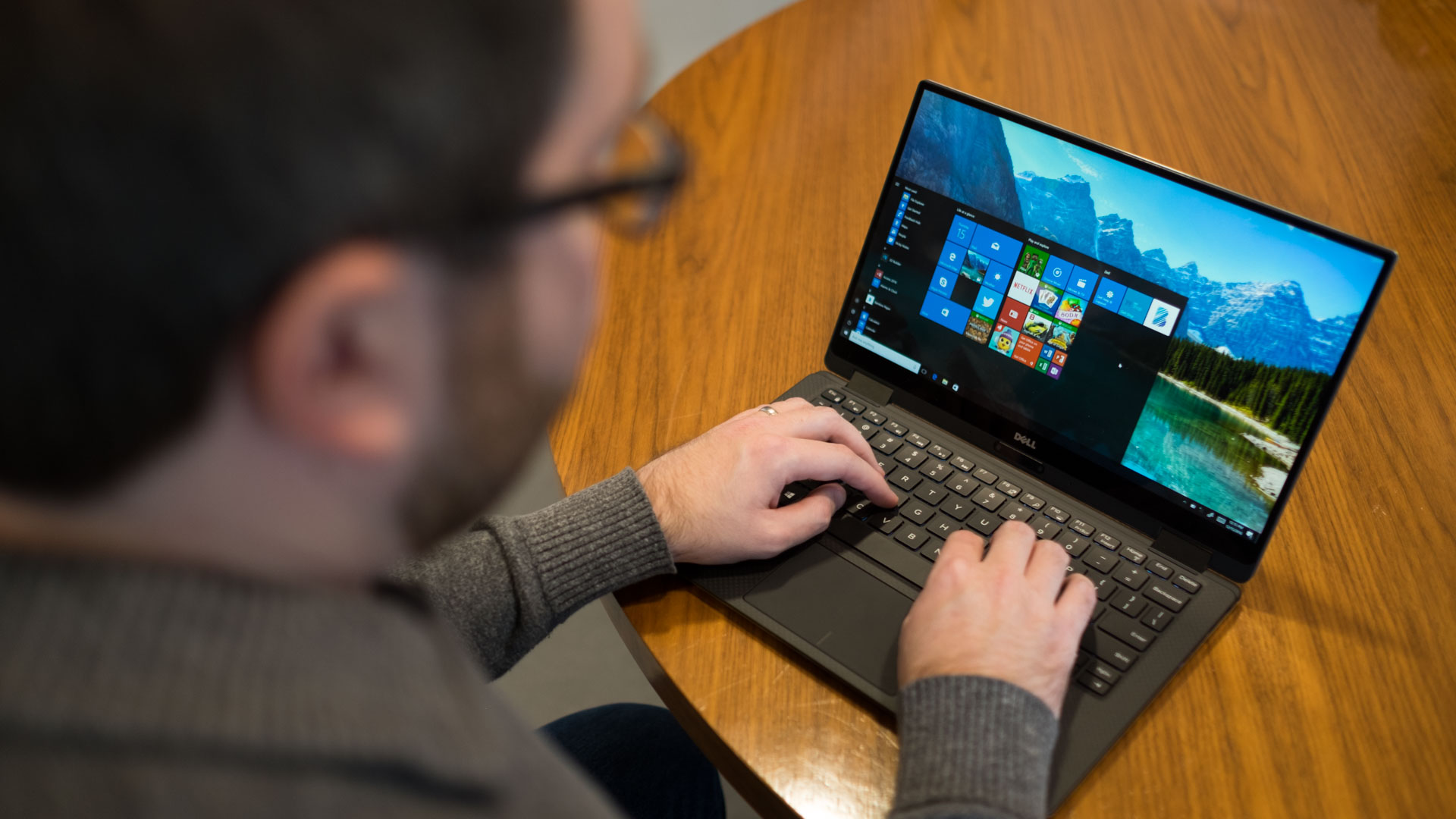
You really want a keyboard with a good typing action – reasonably firm, and with decent key travel that registers key presses nicely – and preferably no plasticky or wobbly keys in sight (and indeed you don’t want the chassis to flex as you’re typing, either).
Reviews can help in this respect, as we always take the typing experience into account when it comes to reviewing laptops here at TechRadar. Alternatively, you could head to a retail outlet and actually try the machine’s keyboard out yourself, which is always a good idea if it’s at all possible.
Finally, selecting a notebook with a decent battery life is an obvious plus. The more battery longevity, the merrier, and you certainly want your portable to be able to make it through a full day at school or uni.
Budget concerns
Budget can be something of a thorny issue. Not every student is strapped for cash, but making ends meet while managing everyday expenses at university can be a challenge to say the least, so you may well be looking at the cheaper end of the laptop market.
However, even if you can only stretch to a budget notebook, the good news is you don’t have to worry too much about how powerful the hardware is, because for general computing tasks – using a word processor, browsing the web for research, and so forth – you really don’t need one of the latest processors (CPUs). And you certainly don’t need anything like a powerful discrete (separate) graphics card.
In terms of the hardware you should be looking at to fulfil basic computing needs, a simple dual-core Intel or AMD processor will suffice (if you can get a CPU from Intel’s Core family, all the better). You should also make sure you have 4GB of system RAM, as while you may be tempted by super-cheap systems with 2GB of memory, that’s skating on thin ice when it comes to running Windows 10.
And at the low-end of the market, you’re probably going to want a traditional hard disk rather than an SSD, as you won’t get much capacity with the latter on a tight budget – and you’ll likely need more storage space.
A cheap laptop will likely be perfectly fine for getting on with your work, and you might well be surprised at what you can get for your money if you hunt around for laptop deals – we’ve got you covered on that score right here – or indeed wait for big sale events like Black Friday.
Also don’t forget that we’ve picked out all the top notebooks across a whole spectrum of different price brackets in our roundup of the best laptops for college students.
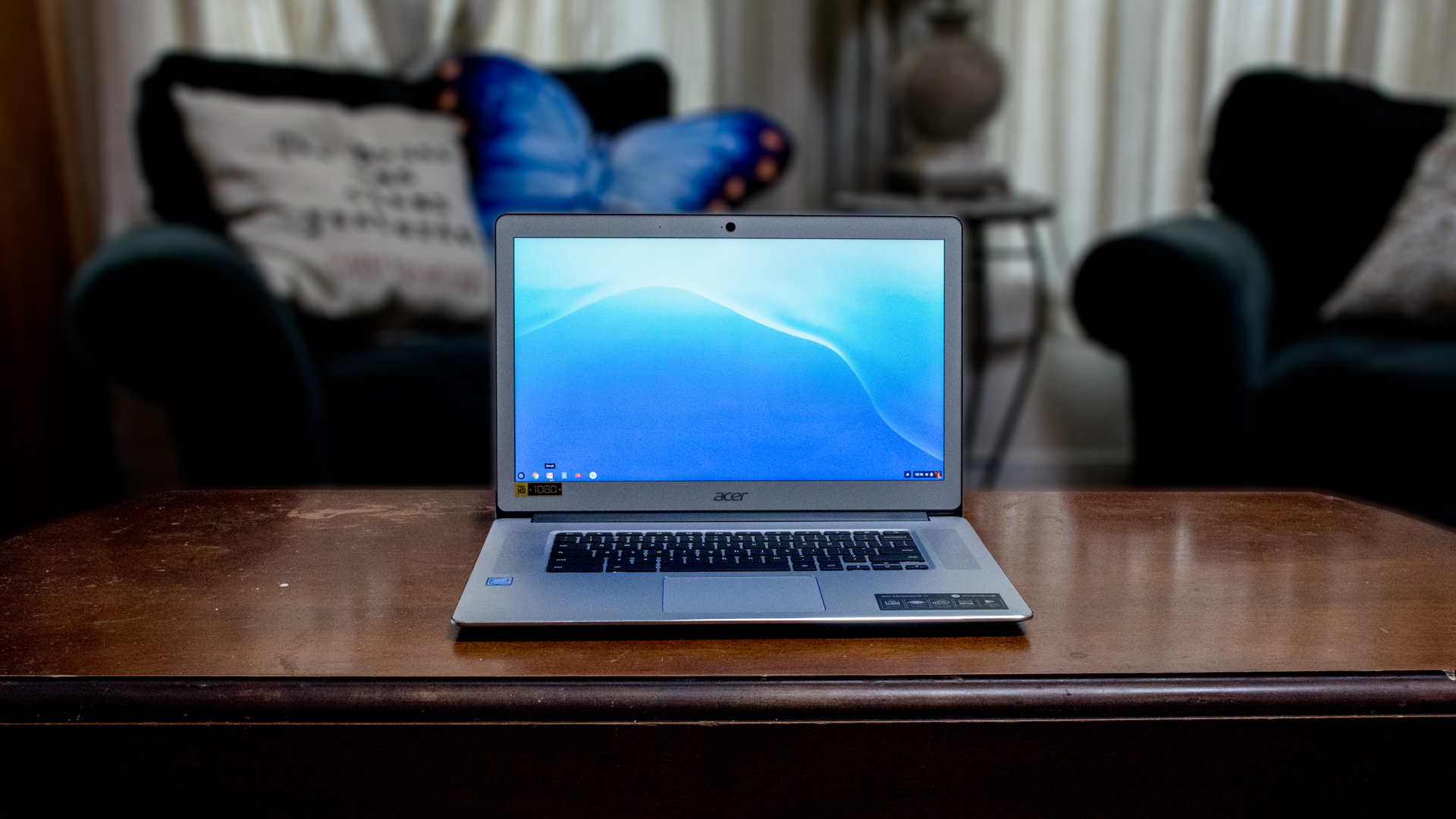
Chromebook corner
Still considering the lower end of the market, another option for a cheap laptop is to get a Chromebook as opposed to a Windows notebook. These run Chrome OS rather than Windows, and it’s a much less demanding operating system, which means these laptops can have lesser-spec components, which in turn makes them cheaper.
Chromebooks also use Google’s mighty cloud empire to store files online, meaning you need less local storage. And this route also means you can use G Suite, which is an impressive productivity suite these days, and lets you avoid having to fork out for Microsoft Office. Chromebooks have also become increasingly more flexible in recent times, and some models can now run Android apps or Linux software.
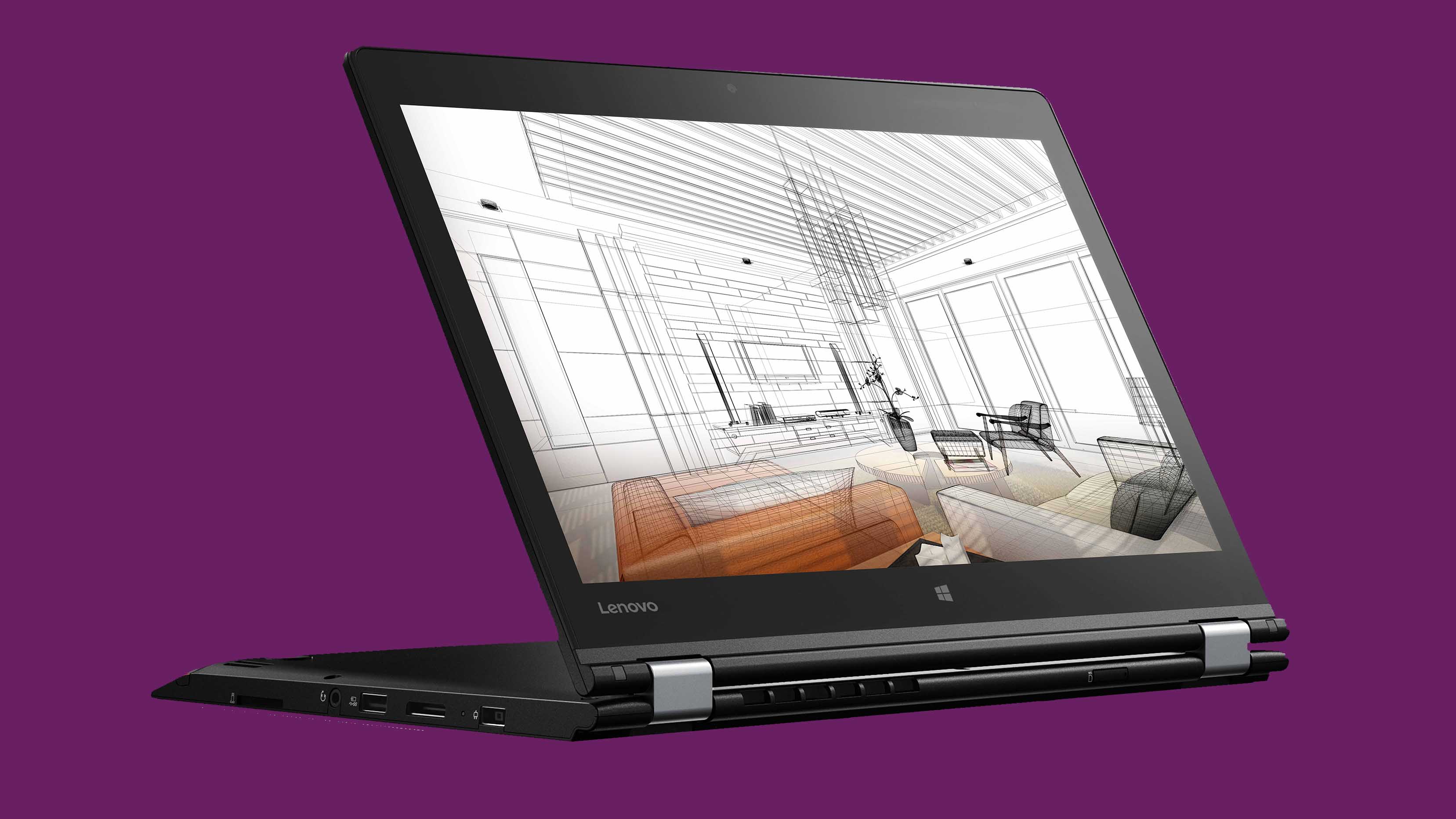
Getting specific
Up to this point, we’ve talked in general terms about the components and features which will likely be useful to all students. However, those at university studying certain courses might have more specific requirements for a notebook.
For example, engineering students will need a more powerful laptop or even a portable workstation, which sports a beefy graphics card to cope with the sort of heavyweight calculations and apps involved in these courses.
Creative types on art or design courses may hanker for a touchscreen-toting device with a seriously high quality display – with good color accuracy, and perhaps a high resolution – along with a responsive stylus with zero lag that boasts a suitably high pressure-sensitivity level.
Obviously there are a host of different courses out there, and we haven’t the space to cover every individual need here. The point is that while many students will get by with a general-purpose laptop – even a budget one – others may need something a bit more tailored to what they’re studying.
If you fall into that category, it’s probably worth talking to your tutor – or indeed other students already taking your course – to see if there are any considerations that you should bear in mind aside from what we’ve covered here.
- Check out our list of the best laptops for college students
Darren is a freelancer writing news and features for TechRadar (and occasionally T3) across a broad range of computing topics including CPUs, GPUs, various other hardware, VPNs, antivirus and more. He has written about tech for the best part of three decades, and writes books in his spare time (his debut novel - 'I Know What You Did Last Supper' - was published by Hachette UK in 2013).